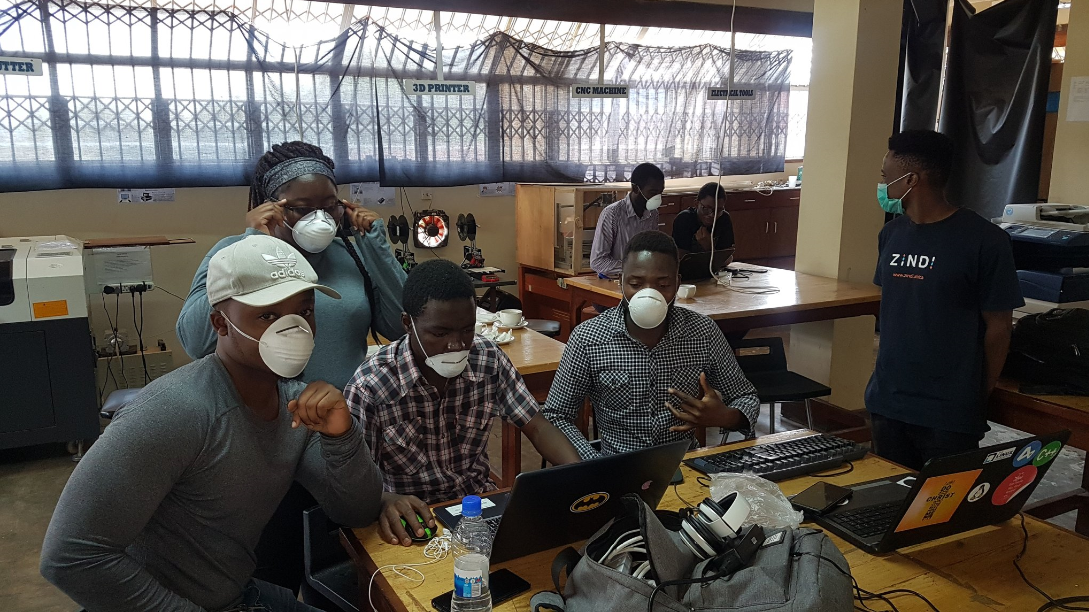Since 2012, Dr. Jeanne Loring, the founder of the eponymous Loring Lab at Scripps Research, has been thinking about how to use pluripotent stem cells as a potential treatment for Parkinson Disease.
Now, eight years later, Aspen Neuroscience, the company she founded to bring her research to market has raised $70 million in funding and is set to begin clinical trials.
Roughly 60,000 Americans are diagnosed with Parkinson disease, which destroys parts of the brain responsible for motor function. The disease causes a debilitating loss of movement as a result of the degradation of a specific type of neuron in the brain responsible for the production of dopamine — a chemical that facilitates the brain’s control of mood and movement.
Aspen’s experimental treatment takes skin cells from patients who already have Parkinson’s disease and converts those cells into pluripotent stem cells using the technique that won Shinya Yamanaka and John Gurdon the Nobel Prize for medicine back in 2012.
It was Yamanaka’s discovery that in some ways served as a trigger for the work that Loring and Aspen’s chief executive officer Dr. Howard Federoff would be bringing to market eight years later.
Other cell replacement therapies for Parkinson’s had run into difficulties because patient’s bodies would reject the introduction of foreign neurons — in much the same way that organ transplants are sometimes unsuccessful because a host rejects the foreign tissue.
Aspen’s technology uses the host’s own tissue to develop the stem cells that will become the basis for treatment. A patient who carries a diagnosis of Parkinsons would be consented to give a biopsy and the tissue collected is then placed in a cell culture. The cells are then converted into pluripotent stem cells through the introduction of an inert viral RNA that recodes the cell structure.
Those pluripotent stem cells are then converted into neurons that are then transplanted into a patient to replace the ones that Parkinson’s disease has destroyed.
Federoff and Loring have known each other for years, and when the former vice chancellor for health affairs at the University of California, Irvine heard what Loring and her team was working on he stepped down to join her company as chief executive.
Federoff previously founded MedGenesis Therapeutix, another privately held company working on a treatment for Parkinsons. “Much of what we do for Parkinsons and the extant gene therapy is stabilizing the disease,” says Federoff. “Cells of fibroblasts help to dial the clock back.”
The key is the use of autologous cells — those collected from the same individual that will receive the transplant, says Federoff.
Aspen’s novel approach was compelling enough to win the support of longtime healthcare investors including OrbiMed, ARCH Venture Partners, Frazier Healthcare Partners, Domain Associates, Section 32, and former Y Combinator President, Sam Altman.
Following the new round, Aspen is significantly expanding its board of directors to include Faheem Hasnain, the founder of Gossamer Bio who’s taking the chairman role at Aspen; Tom Daniel a venture partner at ARCH Ventures, and Peter Thompson, a partner at OrbiMed.
Aspen’s first product is currently undergoing investigational new drug (IND)-enabling studies for the treatment of sporadic forms of Parkinson disease, the company said. Its second product uses gene correction and neuron therapy to try to treat genetic forms of Parkinson disease.
According to the company, the financing will support the completion of all remaining investigational studies and FDA submission of the studies relating to the company’s lead product. In addition, the financing will support data collection from a Phase 1 clinical trial and the expansion into Phase 2 randomized studies.



